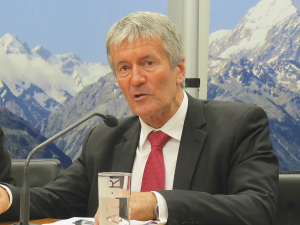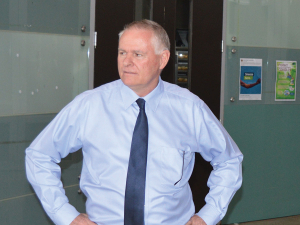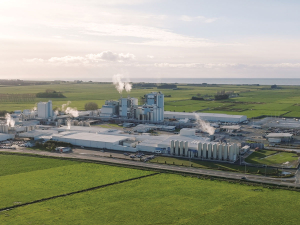OPINION: As predicted there was a definite mood for change in rural and provincial New Zealand at this year's election.
All of the Labour MPs who previousl occupied provincial seats were sent packing. Electorates like Rangitata, Wairarapa, Northland, Tukituki, Napier all turned blue. Meanwhile, National held seats like Southland, Waitaki, Taranaki King Country, Rangitikei and Waikato all saw massive increase in both the electorate and party vote for the National Party.
No clearer message could have been sent to the outgoing Labour Government by rural NZ than Damien O'Connor's loss of West Coast/Tasman. The West Coast was the birthplace of the Labour Party and O'Connor has basically had a mortgage on the seat for 30 years.
The blue wave in rural and regional NZ should not have been a surprise (with the exception of the political pundits and media who seem completely out of touch) as the majority of farmers and rural people rated the outgoing Labour Government as one of the worst the primary sector has ever had to deal with.
New National MPs with farming backgrounds include Miles Anderson, Mike Butterick, Dana Kirkpatrick, David McLeod, Grant McCullum, and Suze Redmayne. There are several others in National and its potential coalition parties with strong farming connections - including ACT's Andrew Hoggard and NZ First's Mark Patterson.
But what will mean the election of new farmer friendly MPs mean for rural NZ?
Many will hope they will at least bring a more farmer-centric view to government policies directed at the rural sector. However, it will take time for the new administration to unravel the previous government's and implement its own policies.
Farmers will be looking for changes to freshwater, biodiversity and environmental rules foisted on them by Labour. They will also want some clarity around what shape and form any methane emissions pricing will look like.
With farmer confidence at a record low, the change of government will at least offer many a slight glimmer of hope for the future. However, any immediate celebration should be tempered by the old saying that states: "The impossible we do immediately, however miracles take a little longer!"










